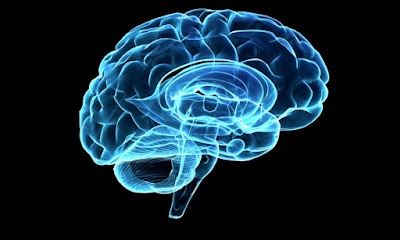Traumatic Brain Injury (TBI) also causes Seizures
One of the issues that
can happen after traumatic brain injury (TBI) is seizures. Most seizures occur in the initial a few days
or weeks after brain injury. Some may happen months or years after the damage.
Around 70-80% of individuals who have seizures are helped by drugs, and can
come back to normal exercises. Once in a while, seizures can aggravate you much
or even reason passing.
Seizures can occur in 1
to 5 of each ten individuals who have had a TBI, contingent upon where the
damage happened in the brain. The seizure as a rule happens where there is a
scar in the brain as an outcome of the damage.
Amid a seizure there is a sudden
unusual electrical aggravation in the mind that results in at least one of the
accompanying manifestations:
- Strange
movement of your head, body, arms, legs, or eyes, such as stiffening or
shaking
- Unresponsiveness
and staring
- Chewing,
lip smacking, or fumbling movements
- Strange
smell, sound, feeling, taste, or visual images
- Sudden
tiredness or dizziness
- Not
being able to speak or understand others
Drugs that are utilized
to control seizures are called antiepileptic drugs (AEDs). These medications might be utilized for different issues,
for example, endless torment, chronic pain, restlessness, or mood instability.
Some Common AED are:
Some Common AED are:
 Carbamazepine (also known as Tegretol), amotrigine (also known as Lamictal), Levitiracetam (also known as Keppra), Gabapentin
(also known as Neurontin), Oxcarbazepine (also known as Trileptal), Phenobarbital,
Phenytoin/ fosphenytoin (also known as Dilantin), Pregabalain (also known as
Lyrica), Topiramate (also known as Topamax), Valproic acid or valproate (also
known as Depakene or Depakote), Zonisamide (also known as Zonegran)
Carbamazepine (also known as Tegretol), amotrigine (also known as Lamictal), Levitiracetam (also known as Keppra), Gabapentin
(also known as Neurontin), Oxcarbazepine (also known as Trileptal), Phenobarbital,
Phenytoin/ fosphenytoin (also known as Dilantin), Pregabalain (also known as
Lyrica), Topiramate (also known as Topamax), Valproic acid or valproate (also
known as Depakene or Depakote), Zonisamide (also known as Zonegran)




Comments
Post a Comment